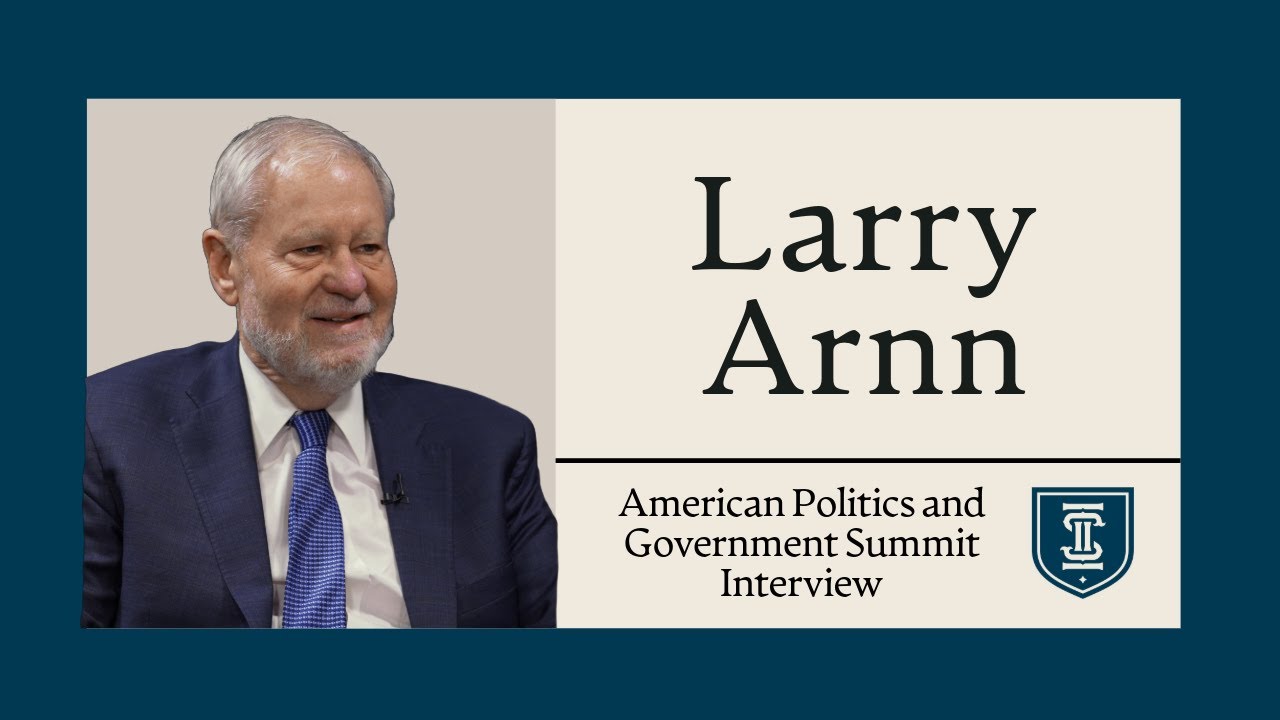Larry Arnn, president of Hillsdale College, discusses the challenges and potential for reform in American higher education, advocating for decentralization and independence from federal funding to improve educational outcomes. He emphasizes Hillsdale’s commitment to civil rights and liberties, its unique operational model, and the importance of mentorship and engaging students in the learning process to cultivate thoughtful leaders.
In a discussion led by Daniel McCarthy, Larry Arnn, the president of Hillsdale College, shares insights on the state of American higher education and the potential for reform. Arnn expresses optimism about the possibility of redeeming and restoring colleges, emphasizing that the need for higher education remains strong despite the challenges faced. He highlights the difficulties in fixing graduate schools, which are essential for teaching at the college level, and suggests that decentralization of education could lead to significant improvements, particularly in K-12 education.
Arnn discusses the unique position of Hillsdale College, which does not accept federal funding, allowing it to operate independently of government regulations. He acknowledges that while there may be a role for the federal government in higher education, it should focus on encouraging states to adopt more decentralized educational models, such as charter schools and private vouchers. He reflects on the historical attempts by founding fathers like Jefferson and Madison to establish a national university, ultimately concluding that such an idea would not be beneficial.
The conversation shifts to the response of other colleges to Hillsdale’s success. Arnn notes that while some institutions may be critical or ignore Hillsdale, many are seeking guidance on how to emulate its model. He explains that many private colleges are struggling financially due to their reliance on government funding, which imposes numerous regulations that complicate their operations. This reliance often leads to a misalignment of priorities, where institutions view students primarily as revenue sources.
Arnn also shares Hillsdale’s historical commitment to civil rights and liberties, tracing its abolitionist roots and connection to figures like Frederick Douglass. He emphasizes the college’s dedication to a colorblind approach and its legacy of promoting freedom and education. As the nation approaches the 250th anniversary of the Declaration of Independence, Arnn expresses a desire for the celebration to focus on the foundational principles of the United States, as articulated in the Declaration and the Constitution.
Finally, Arnn reflects on his own educational journey, including his experiences with influential figures like Harry Jaffa and Martin Gilbert. He discusses the importance of engaging students in the learning process and the value of collaborative exploration of ideas in the classroom. Arnn concludes by affirming the mission of the Intercollegiate Studies Institute (ISI) to cultivate thoughtful leaders who can impact society positively, highlighting the significance of mentorship and the pursuit of knowledge in shaping future generations.
